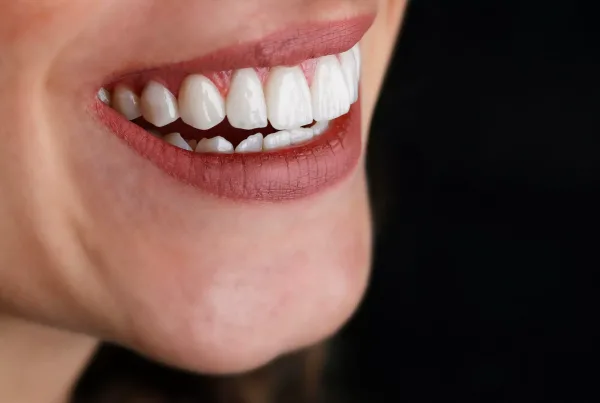Toothache caused by sinusitis is a phenomenon known as “referred pain.” Sinusitis is an inflammation or infection of the sinuses, which are air-filled cavities located within the bones of the face and skull. While the sinuses themselves do not contain teeth, the close proximity of the sinus cavities to the upper teeth can lead to the sensation of a toothache. Here’s how sinusitis can cause toothache:
- Sinus Pressure and Inflammation: When the sinuses become inflamed or infected due to sinusitis, the inflammation can cause increased pressure in the sinus cavities. The upper teeth’s roots are located close to the sinus cavities, and the increased pressure can affect these teeth and their surrounding tissues.
- Nerve Sensitivity: The roots of the upper teeth are connected to nerve endings. The pressure from sinus inflammation can stimulate these nerve endings, leading to a sensation of pain that feels like a toothache.
- Referred Pain: The brain sometimes interprets pain signals from different areas as coming from a single source. In the case of sinusitis, the brain might perceive the pain from sinus pressure as originating from the upper teeth, leading to the feeling of a toothache.
- Tenderness: Sinusitis can cause tenderness in the face and jaw area. This tenderness can radiate to the upper teeth, creating the sensation of tooth pain.
- Postnasal Drip: Excess mucus production due to sinusitis can lead to postnasal drip, where mucus flows down the back of the throat. This can irritate the throat and contribute to the sensation of a sore throat and possibly a toothache.
It’s important to note that toothache caused by sinusitis is usually characterized by certain features:
- The pain is often felt in multiple upper teeth, typically on one side of the face.
- The pain may be accompanied by other sinusitis symptoms, such as nasal congestion, facial pressure, headache, and a reduced sense of smell.
- The toothache tends to worsen when bending forward, sneezing, or blowing the nose, which can increase sinus pressure.
If you suspect that your toothache is due to sinusitis, here are a few steps you can take:
- Address Sinusitis: Treat the underlying sinusitis by consulting a healthcare professional. They might recommend decongestants, nasal saline rinses, or antibiotics if there is an infection.
- Pain Relief: Over-the-counter pain relievers, such as ibuprofen or acetaminophen, can help alleviate the toothache sensation.
- Warm Compress: Applying a warm compress to your face can help relieve sinus pressure and discomfort.
- Stay Hydrated: Drinking plenty of fluids can help thin mucus and alleviate congestion.
If the toothache persists or worsens, it’s essential to consult both a dentist and a healthcare professional to rule out any dental issues and ensure proper treatment for sinusitis.





